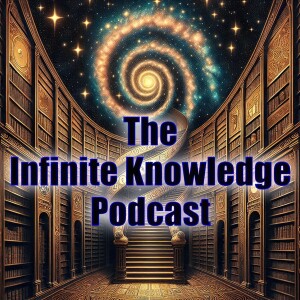Wednesday Mar 13, 2024
Importance of placement of attention and intention and the skill of reading for skill acquisition and habit formation self-improvement

This audio essay explores the critical importance of attention and intention as vital components for self-improvement and personal mastery. Comparing these elements to the oars of a rowboat, they are described as necessary for navigating the journey of skill acquisition and habit formation. Attention is emphasized as a critical resource, likened to a currency that is spent on progress, and is particularly powerful in a landscape of distractions. The essay offers practical tips for cultivating attention, such as eliminating distractions, practicing mindfulness, using the Pomodoro Technique, and setting micro-goals. Intention, on the other hand, provides the direction and motivation behind actions, comparable to the needle of a compass pointing towards achievement. Strategies to set intention include visualizing outcomes, writing down goals, aligning actions with values, and implementing intentional practice. The interplay of attention and intention is crucial for effective learning, with deliberate practice acting as a method to refine both elements through specific goals, focused attention, immediate feedback, and stepping outside of one's comfort zone. Habits are described as the architecture of daily life, with the Hook Model highlighting the trigger-action-reward-investment loop as a method for habit formation. The essay simplistically analogizes attention to a flashlight and intention to a treasure map for a child's comprehension.
The text then elaborates on how attention and intention empower mastery by describing necessary rituals, environments, and energy management for maximizing attention, while also delving into intention's role in directing willpower and decision-making. Clarity of purpose and setting daily intentions, backed by feedback loops, are advised for sharpening intent. The synergy of focused attention and clear intentions leads to exponential learning and reinforced habit formation, exemplary in the instance of a pianist practicing scales. Mastery is recast not as a fixed destination but as an ongoing, rewarding journey where each step is guided by both attention and intention. The essay encapsulates the discussion by suggesting that the concepts of cognitive load management, flow state, behavioral nudging, stoicism, kaizen, and systems thinking are all pertinent to mastering attention and intention. These insights reframe mastery as a path of continuous self-improvement and evolving exploration, with reading and habits as pivotal components in one's growth and transformation.
Comments (0)
To leave or reply to comments, please download free Podbean or
No Comments
To leave or reply to comments,
please download free Podbean App.